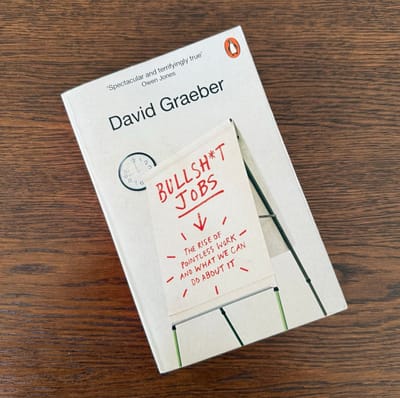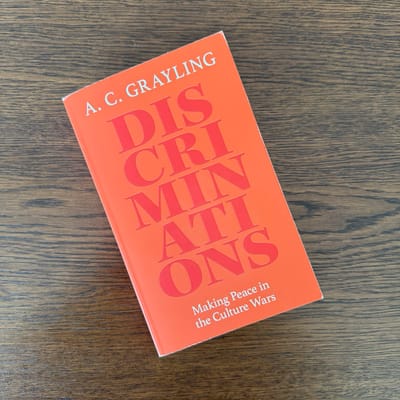12 Rules for Life - An Antidote to Chaos by Jordan Peterson

This is a review of 12 Rules for Life: An antidote to chaos, a book written by Jordan Peterson.
It's fair to say that Jordan Peterson is enjoying a 'moment', from academic to YouTube 'person of interest', there has been no escaping the coverage.
I bought 12 Rules for Life before my trip to New Zealand, and read it during the long flights, and in my hotel in Auckland. As the title suggests, the book is divided into 12 chapters, each one titled with one of the rules that Peterson has devised. Largely speaking, these are matters of ethics, and the author uses science, religion, philosophy and literature to make his case for each of the rules. The origin of the book, is a set of questions that Peterson was asked on Quora.
In turning those questions into the 12 Rules, Peterson has presented an essay supporting each of the ideas.
The 12 rules are as follows:
- Stand up straight with your shoulders back
- Treat yourself like someone you are responsible for helping
- Make friends with people who want the best for you
- Compare yourself to who you were yesterday, not to who someone else is today
- Do not let your children do anything that makes you dislike them
- Set your house in perfect order before you criticize the world
- Pursue what is meaningful (not what is expedient)
- Tell the truth – or, at least, don't lie
- Assume that the person you are listening to might know something you don't
- Be precise in your speech
- Do not bother children when they are skateboarding
- Pet a cat when you encounter one on the street
The overarching principle of the book is that every person has a basic instinct for ethics and should be able to find a meaning for each of these rules.
The essays present a number of comparisons or examples. For example, in the first chapter; "Stand up straight with your shoulders back". Petersen gives a number of examples of social hierarchies, including the behaviour of lobsters as allegories for how people can (and should) accept the responsibility of their own lives. The lobster example is funny, and written well - although quite lengthy.
Overall, I found the book enjoyable. The 'rules' are largely common sense, and I suspect that the examples could have been stripped back to very short essays if the author was inclined. There is a fair amount of 'grandstanding' in the examples and language used - and some may find the depth of the examples a bit off putting.
In summary, 12 Rules is a self-help book for our age - the rules and the examples are sometimes old fashioned, but the underlying principles are sound.







Member discussion